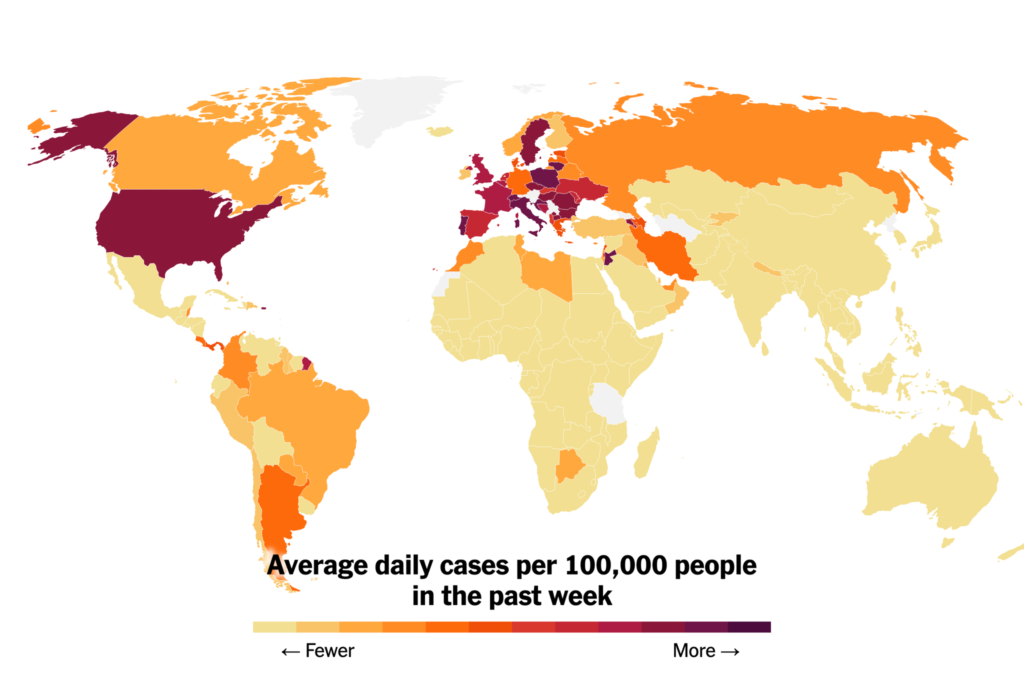A religion is an ideology with supernatural elements.
We consider it OK to criticize Marxists or capitalists or libertarians or monarchists, but we tend to shy away from saying that a religion has bad elements.
The Hindu caste system is evil. It needs to end, and it needs to end today. If The Laws of Manu sanctify it, they need to go or be reinterpreted, whether they are a holy document or not.
All religions which claim that non-believers automatically are damned need to change that because it leads to things like crusades and jihads and burning people at the stake to save their souls.
God also does not have a chosen people, and claiming it does leads to obvious problems.
Male “leadership” needs to go away as well.
Prophets are great men (there don’t seem to be many women prophets) and most of them did more good than evil. Codified religion, however, generally winds up missing the point. Muhammad, for example, made the lot of women far better than it was before. He improved it. His followers took the better status he gave them (still less than men’s) and said “OK, this is it” or they backslid, rather than noting the direction of movement: forward.
(It’s my annual fundraiser (and going slower than normal this year.) If you value my writing and can afford to, please consider donating.)
Confucius put human relationships at the center of his teachings, but denigrated women and put only one relationship involving women as important: the husband wife bond. His teachings, resting in the family, also had a tendency to lead to nepotism.
Jesus, poor bastard, had his teachings bastardized more than almost any great prophet I can think of: a Christianity which includes the book of Revelations has lost the plot, and I suspect the Old Testament should be ditched as well, because the God of the Old Testament acts in ways opposite to what Jesus teaches.
Great prophets are not perfect, they don’t get everything right. Their successors are usually their lessers, and get even more wrong.
Senator Carl Schurz once said, “My country, right or wrong; if right, to be kept right; and if wrong, to be set right.” This is the correct attitude in religion, as well.
Religion is often wrong, and the great prophets were not always right. You take the good and jettison the evil. If a great prophet tells you to do evil: to enslave people, or to murder, or to oppress, it is still evil. To abnegate to them your moral responsibility is not the road to God or good, it is the road to Hell.
Religious followers who fall back on authoritarianism “my prophet/god said so, that’s why” are not due a pass because they have a religion. If what they’re doing is wrong, it’s wrong no matter what authority they claim. A God who is not good and does not want its followers to do good is no God anyone should follow.
What is especially ridiculous is that almost everyone who has a religion was born into it. Converts are actually quite rare. So people follow a set of beliefs they didn’t choose just because of where and who they were born to. (Not that this is unique to religion.)
The person of reason; the moral person, takes these beliefs as arbitrary and inquires as to what parts are good and bad, rather than bowing down before tradition and authority.
This is the path of respect for the great prophets, each of whom came into an imperfect world, was unwilling to accept it, and tried to make it better. Buddha saw suffering and sought a way to end it. Confucius saw rulers savagely mistreating their subjects and sought to bring better rule. Jesus saw people following “the law” and missing the spirit of love and care for fellow humans that was the essence of the love of God. Muhammad’s first followers were mostly women and slaves (as was true of early Christianity) because he offered them a better life than the one they had.
It is that spirit: the spirit of improvement, of movement towards the good, that is the legacy of the great prophets. If you are not doing that, no matter how pious, you are not following their example. By not striving to improve on what they got wrong, left undone, or their successors messed up, you disrespect them more profoundly than anyone who takes their name in vain but tries to do good.


